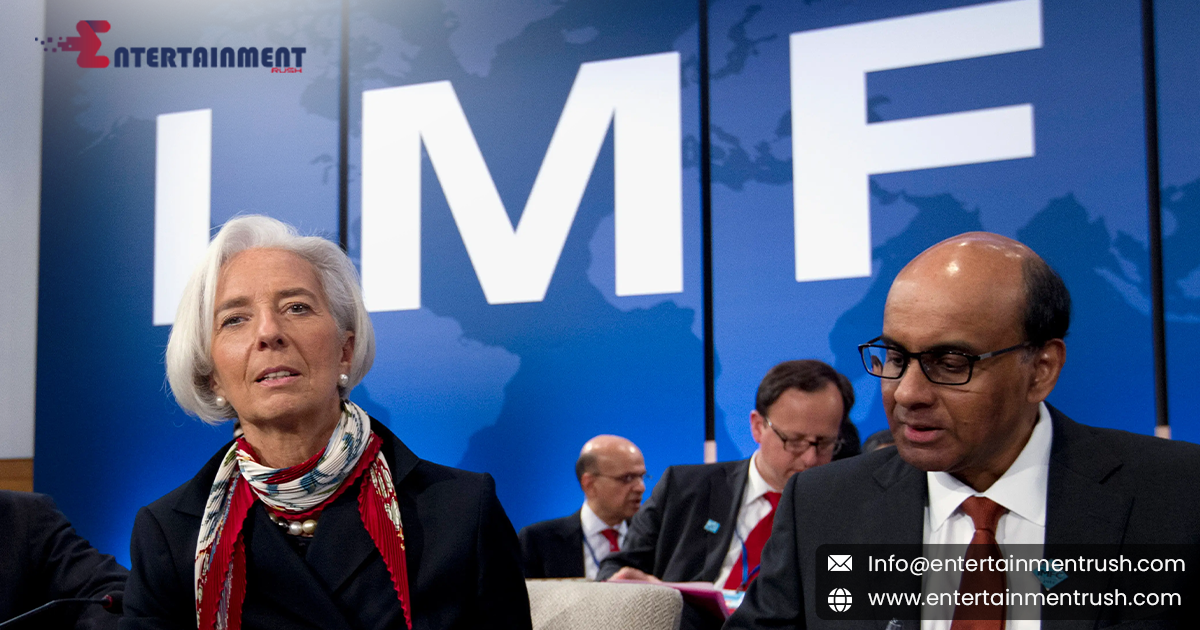The International Monetary Fund (IMF) has recently released a report highlighting early indicators of an economic slowdown in the United States, marking a notable shift from the previously optimistic outlook on American economic performance. This development is significant, as it reflects changing dynamics in an economy that has been characterized by resilience and growth in the post-pandemic recovery period. The IMF’s observations provide a critical lens through which to understand the evolving economic landscape and its potential implications for both domestic and global markets.
Key Indicators of Economic Deceleration
Central to the IMF’s assessment are several key indicators that suggest the U.S. economy may be entering a phase of deceleration. One of the most prominent signs is the observed moderation in consumer spending. Historically, consumer spending has been a major driver of U.S. economic growth, fueled by a combination of strong job creation, rising wages, and favorable economic conditions. However, recent data indicate a slowdown in this crucial component of economic activity. Factors contributing to this moderation include inflationary pressures, which have eroded purchasing power, and shifts in consumer sentiment influenced by economic uncertainties and potential changes in fiscal policy.
Labor Market Challenges
Another critical factor in the IMF’s report is the performance of the labor market. Although the U.S. has experienced impressive job growth over recent years, there are emerging signs of a slowdown in job creation and a rise in unemployment rates in certain sectors. The labor market, which had been a cornerstone of economic recovery, now faces challenges such as ongoing supply chain disruptions and labor shortages. These issues have affected businesses’ operational efficiency and contributed to a more cautious economic outlook. The interplay between these labor market dynamics and broader economic trends is essential for understanding the potential trajectory of the U.S. economy.
Cooling in the Housing Market
The housing market, a significant component of the U.S. economy, also reflects signs of cooling. After a period of rapid price increases and high demand, recent indicators suggest a slowdown in housing activity. Rising mortgage rates have dampened homebuyer enthusiasm, leading to a reduction in home sales and new construction projects. This cooling effect in the housing market has broader implications for economic growth, impacting related industries such as construction, real estate, and home goods. The adjustment in the housing sector mirrors broader economic trends and contributes to the IMF’s cautious outlook.
Persistent Inflation Concerns
Inflation remains a critical concern influencing the IMF’s view of the U.S. economy. Although inflation has moderated from its peak levels, it continues to impact purchasing power and economic stability. The Federal Reserve’s monetary policy, including interest rate adjustments aimed at managing inflation, plays a crucial role in shaping economic conditions. The challenge of balancing inflation control with economic growth remains central to the Fed’s strategy, and the IMF’s observations reflect the complexities involved in this process.
Global Economic Influences
Additionally, global economic conditions and geopolitical uncertainties contribute to the IMF’s cautious outlook on the U.S. economy. The interconnectedness of global markets means that international developments, such as trade tensions and geopolitical conflicts, can significantly impact domestic economic performance. These external factors add an additional layer of uncertainty, influencing the Federal Reserve’s policy decisions and economic projections.
Strategic Adaptation for Economic Stability
The IMF’s report underscores the importance of a nuanced understanding of the current economic landscape. As signs of a slowdown become more apparent, policymakers, businesses, and investors need to navigate these evolving conditions with a strategic approach. Monitoring economic indicators and adapting policies to address both short-term challenges and long-term objectives will be crucial for maintaining economic stability and resilience. the IMF’s assessment of early indicators of economic slowdown in the U.S. provides valuable insights into the changing dynamics of the American economy. As various indicators suggest a deceleration in growth, stakeholders must remain vigilant and responsive to the evolving economic environment. The report highlights the need for adaptable policies and strategies to address emerging challenges and support sustained economic stability. As the situation develops, the ability to balance economic growth with inflation management and external uncertainties will be key to navigating the complexities of the current economic landscape.




Leave feedback about this